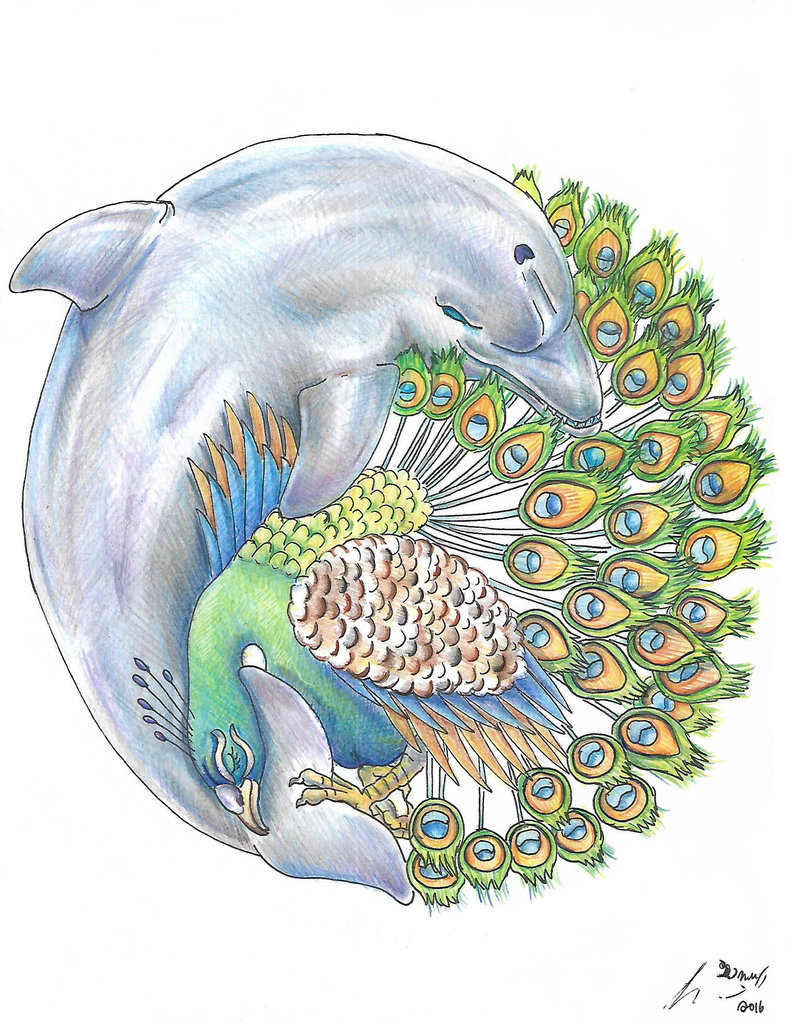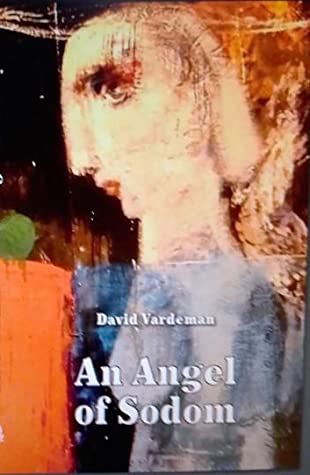Primarily through comedy, Vardeman’s experimental stories run the gamut of human emotion, from hilarity to harrowing heartbreak.
From page one he offers an unflinching and unflattering view of the human animal’s foolish and various ways of tackling life. It is with a unique literary mastery of his chosen arguments that he depicts the often pathetically inept actions of his characters.
Above all, these are character-driven tales, taken to the very edge of believability. The conversations always take a turn for the bizarre, even as they touch on stunning human truths.
The aplomb on display is equalled on by the control of his gamma-knife-sharp wit. What results, is an utterly devastating circus of dream visions.
The first story forsakes punctuation except full stops, which makes for a learning curve. Force your mind around his rhythmic style and you will likely get addicted to the surprises to be found within and around every unexpected word.
Several of the stories capture convincing perspectives of troubled youth seeking after a place to belong, employing sardonic logical fallacies, coupled with rude, salacious, and satirical narration.
These are characters who take dysfunctionality to an art form, stroking their Godzilla-sized vanity with absurdist fantasies, indulging in their incurable blindness toward common sense and everyday propriety by behaving in shocking and silly ways.
I sensed touches of bizarro-fiction, but this could have only been my perception – a result of the constant fluctuations of bewilderment. You might describe this work as disturbing, twisted, demented, riotous, or profound. Vardeman asks the relatable question: why doesn’t anyone take me seriously as a human being? Am I a joke? Can’t anyone see past my obvious flaws to the brilliant unique individual beautiful person inside? The most commonly posited answer is: No. Or if they can, they don’t care, and are too worried about themselves to listen to your whiny pity party soundtrack/ sob story – like, get over yourself, join the party, get in line, etc.
Flying in the face of society’s strictures, the characters find hope and consolation in resistance to the norm, the safe, and the boring. They seek adventure and excitement as a means to define themselves and assign meaning to their terrifying lives.
“A Young Guy and his Career” is a bizarro detective story. It is unlike anything I have ever read.
“Farm Girl” is an immersive story about a girl growing up on a farm, longing to become a literary immortal, who thinks running away to Paris is sufficient qualification to become the next Proust.
The title story is poignant, and bizarrely descriptive, easy to parse, fast-paced, intuitive, with integrated dialogue and a pervasive sense of grotesque humor. I laughed out loud on almost every page. Utterly ridiculous. But it operates within the confines of its established logical landscape, becoming miraculously readable through rhythmic stylistic thrusts, charming through blasphemy, wrestling with biblical undertones, sliding into the just-plain-weird, until the sheer outrageousness becomes entertaining in a reality TV sort of way, but far more condensed, unrepetitive and deep. Vivid description accompanies sharp dialogue, again, dependent entirely on quirky character facets, often bordering on insanity, full of quips and egregious cleverness, and morbid in the extreme. The commentary on art and idolatry, pop culture, the media, tourists, and the backwater residents of America’s heartland were pointed, affecting, and effective. Its delusional characters shed light on our times and foibles. In complete helplessness, their confrontation with harsh reality cannot but be the anodyne for the oversaturated postmodern literary landscape we face today.
“Perversion is only a lack of acquaintance,” one of the characters says. This is during an exquisite punk rock satire, suffused with a sense of lost youth, spoiled potential, an inescapable dejection, amid moral decay, within a bereavement for the nostalgic pastures of youth, grappling with a sick sort of logic – all of which provide motivations to propel the narrative.
The author’s sophisticated commentary on religion through creative blasphemy lends itself to a range of interpretations. No matter how susceptible you are to the uncanny and the odd, Vardeman’s debut is a forceful example of honed aesthetic principles. For the herniated metaphors, and the stomach-churning detail of a pork-themed restaurant debacle alone, he deserves five stars.



Leave a comment